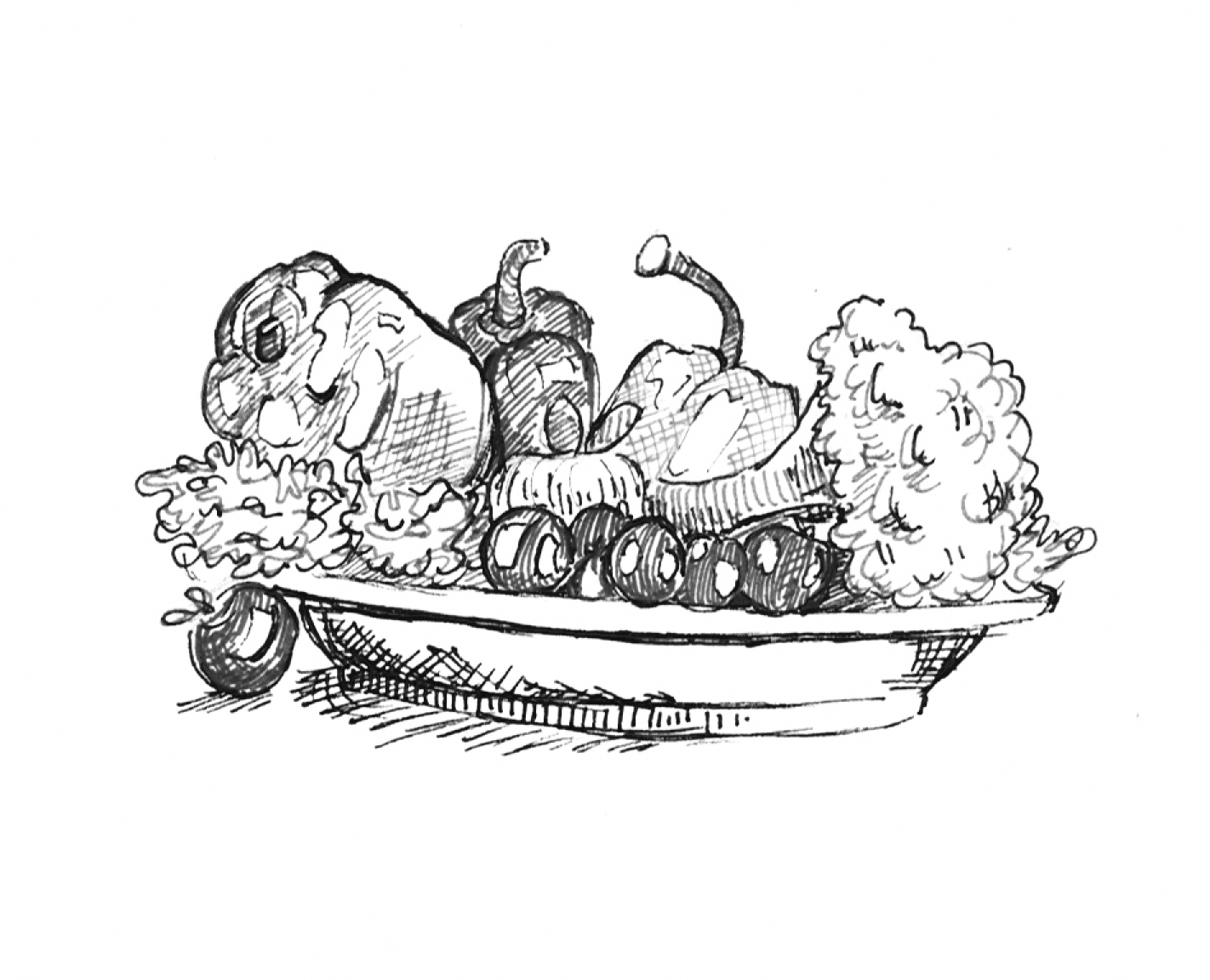What is the perfect human diet in terms of nutrition and environmental impact? According to McGill’s School of Dietetics and Human Nutrition Professor Dr. Timothy Johns, finding the right balance is the key.
Johns, an ethnobotanist and nutritionist, said that humans are omnivores by nature.
“We’re adaptable, but it’s not just ‘anything goes,’” Johns said. “In terms of nutrition and health, eating less meat and animal-sourced food and more unprocessed plants would be positive.”
The contemporary diet includes a lot of meat, which can have negative health effects, such as increasing the risk of cardiovascular disease and diabetes. However, key elements of our diet, like Vitamin B12, calcium, and certain protein components, are much easier to acquire with more meat in the diet.
Katherine Gray-Donald, retired associate professor in McGill’s School of Dietetics and Human Nutrition, believes that special diets, such as vegan, vegetarian, and Paleo diets, can be adequate, and can possibly improve health as people pay more attention to what they eat, if the diet is properly designed.
“It is important to follow scientific information and not fall into groups that abound with fake science,” Gray-Donald cautioned.
Different diets work for different people, though it’s clear that we didn’t evolve with our processed modern diet in mind. Johns also highlighted that some have cultural, moral, or religious reasons for not eating certain foods, making the issue more complicated. Though there isn’t always a direct relationship, diet choice can also influence causes of climate change.
“Twenty to thirty per cent of the total greenhouse gases [emitted] are related to the production, processing, and transportation of food,” Johns said.
Animal-sourced foods produce more greenhouse gases. To lower emissions from transporting food, local production is typically favourable to global production. Though most types of produce are now available year round, shipping blueberries from Chilé to Canada is //not// an environmentally-friendly option.
The balance between sustainability and diet is also evident in fish consumption. Johns noted that fish provide a lot of health benefits, even though some fisheries are unsustainable.
“Nothing is black and white. Fish farming can take the pressure off wild fish populations, but even so, there are problems with GMOs and pollution,” Johns said. “You have to look at it case-by-case.”
According to Gray-Donald, another environmental problem is food waste. It is estimated that 30 per cent of food grown is never consumed. She suggested that fresh produce should not always take priority over alternatives.
“Frozen fruits and vegetables can provide local foods all year long, and avoid flying in delicate fruits from distant lands in off seasons,” Gray-Donald said. “Dried fruits and even canned fruits are fine.”
The question of which diet best preserves biodiversity is also a tough one.
“In terms of habitat destruction, veganism is probably less destructive,” Johns said. “However, vegans eating these plants and destroying populations is bad for biodiversity and agrobiodiversity. But you need to do this for animal food, too.”
Though it’s not the norm, vegan and vegetarian ‘elitists’ who consume expensive and unsustainable superfoods actually pose a potential threat to biodiversity. Johns puts the blame on industrial-style agriculture as well as demographic pressures as the largest threats to both plants and animals.
Gray-Donald urged people to follow information from reputable sources and avoid forming like-minded groups.
“Many people think they are nutrition experts and seem to pick and choose to believe what they want and not believe the mainstream scientific community,” Gray-Donald said.
Overall, change must begin at an individual level. Changes at the system-level will happen when more people start asking more questions about their eating.
“There must be a change of mindset, attitude, and preferences,” Johns said.









